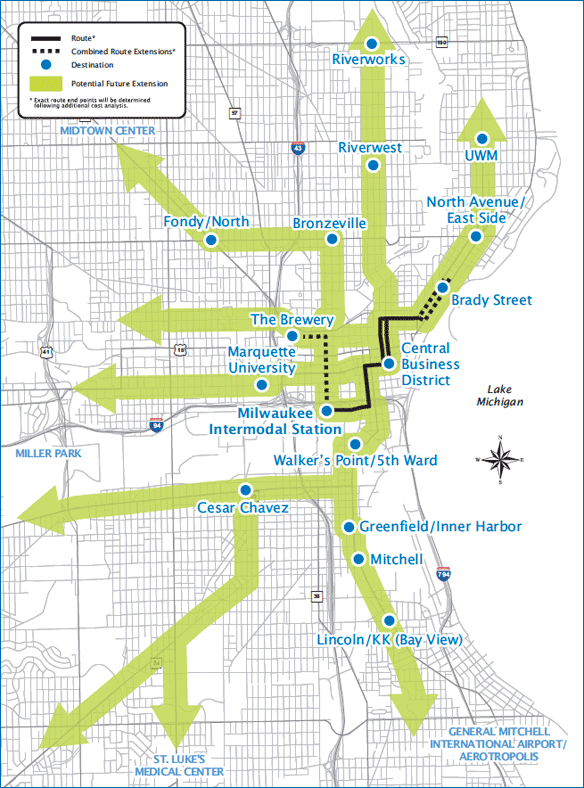Milwaukee may soon recieve nearly $7 million to aid the area’s homeless.
The Community and Economic Development Committee recommended the Milwaukee Common Council approve a resolution to authorize the distribution of $6.9 million of American Recovery and Reinvestment Act dollars to several city homeless shelters and advocacy groups in a committee meeting Monday. Members of the committee, all of whom are Milwaukee aldermen, were unavailable for comment.
The grant was approved in May, but has been revised with new dollar amounts. It will provide money for those in need of financial assistance and for housing and relocation and stabilization services for youths, families and single adults, according to recommendations made by the ARRA’s Homelessness Prevention and Rapid Re-Housing Program.
That program will be evaluated by the city and the data delivered to the U.S. Department of Housing and Urban Development, said Steven Mahan, director of the Community Development Grants Administration Division.
Community Advocates, a homelessness advocacy group, would receive more than a third of the $6.9 million, according to the recommendations prepared for the city. Andi Elliott, the organization’s associate director, said Community Advocates will use its share of funds to prevent homelessness by mediating financial arrangements between landlords and at-risk tenants who are behind in their rent.
The organization will also help move families currently in shelters to housing authority units with rent subsidies to help stabilize each family’s living situation, she said. Case managers will be available for those who need advice.
Money will play a huge role in Community Advocates’ ability to provide these services, and the demand for them is expected to increase because of the growing number of individuals and families at risk for job losses, she said.
Walker’s Point Youth & Family Center in Milwaukee would receive $307,200, according to the recommendations. The money will allow the shelter to work with 12 homeless youths ages 18 to 21.
The center will provide a place for the youths to stay for up to one and a half years, help them finish schooling, offer courses in job development and independent living, and assign the youths individual case managers, said Andre Olton, the center’s executive director.
The program will also help the Walker’s Point center expand its services to more people who need them.
“We had to turn away 160 people from the same age group last year because there wasn’t enough room available,” Olton said.
The goal at Walker’s Point is to help those in need find housing stability and “develop new skills to help them stay self-sufficient,” Olton said.




